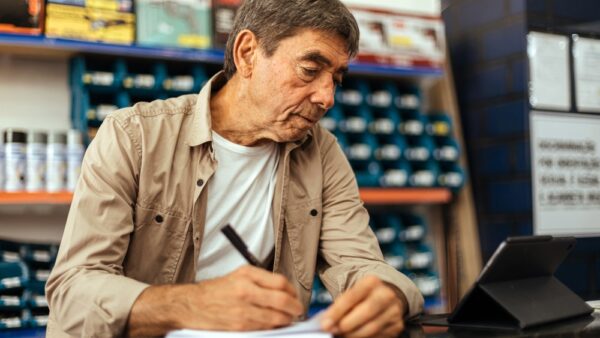The three men accused of killing British journalist Dom Phillips and Brazilian indigenous expert Bruno Pereira in June will face preliminary hearings at the end of January, a state court has confirmed.
Amarildo da Costa de Oliveira, Oseney da Costa de Oliveira, and Jefferson da Silva Lima remain in custody in the state of Amazonas, facing charges of two counts of aggravated homicide and concealing a body.
Messrs. Phillips and Pereira went missing in early June in the remote western edge of Brazil’s Amazon, near the Vale do Javari indigenous reserve.
Investigations show the two men were ambushed while sailing down the Itaquai River, and were brutally murdered.
Amarildo da Costa de Oliveira — nicknamed “Pelado” — and Jefferson da Silva Lima confessed their participation in the crime, while the involvement of Oseney da Costa de Oliveira was deduced from witness statements and other evidence.
“Pelado” allegedly carried out the crime after a long-running feud with Mr. Pereira over illegal fishing in the Vale do Javari indigenous territory. Mr. Pereira had spent years working with local indigenous communities, helping to protect their lands from the scourge of poachers. It is believed that the assailant did not know the identity of Mr. Phillips, and that the renowned Brazilian-born indigenous expert was his main target.
Another suspect in the case, Peruvian-Brazilian citizen Rubens Villar Coelho, was granted bail by an Amazonas state court in October. Nicknamed “Colômbia,” Mr. Coelho is accused of being the brains and the bank behind the illegal fishing ring of which “Pelado” and the other defendants were a part.
The illegal fishing scheme consists of trespassing on protected indigenous lands to collect large quantities of valuable pirarucu fish and tracajá river turtles, which are then sold at a fence on the island of Islandia, across the border with Peru.
Local sources told The Brazilian Report that Colômbia is the owner of one of these fences, which consists of a floating barge on the Javari River on the outer edge of Islandia. He reportedly supplies men with the boats and equipment required for their illegal expeditions into the Vale do Javari reserve, trips which can cost an estimated BRL 250,000 (USD 48,500) but can turn profits in excess of BRL 500,000.
Colômbia and others reportedly use the buying and selling of fish as a front for drug trafficking, supplying narcotics to Brazilian organized crime groups.


 Search
Search










































